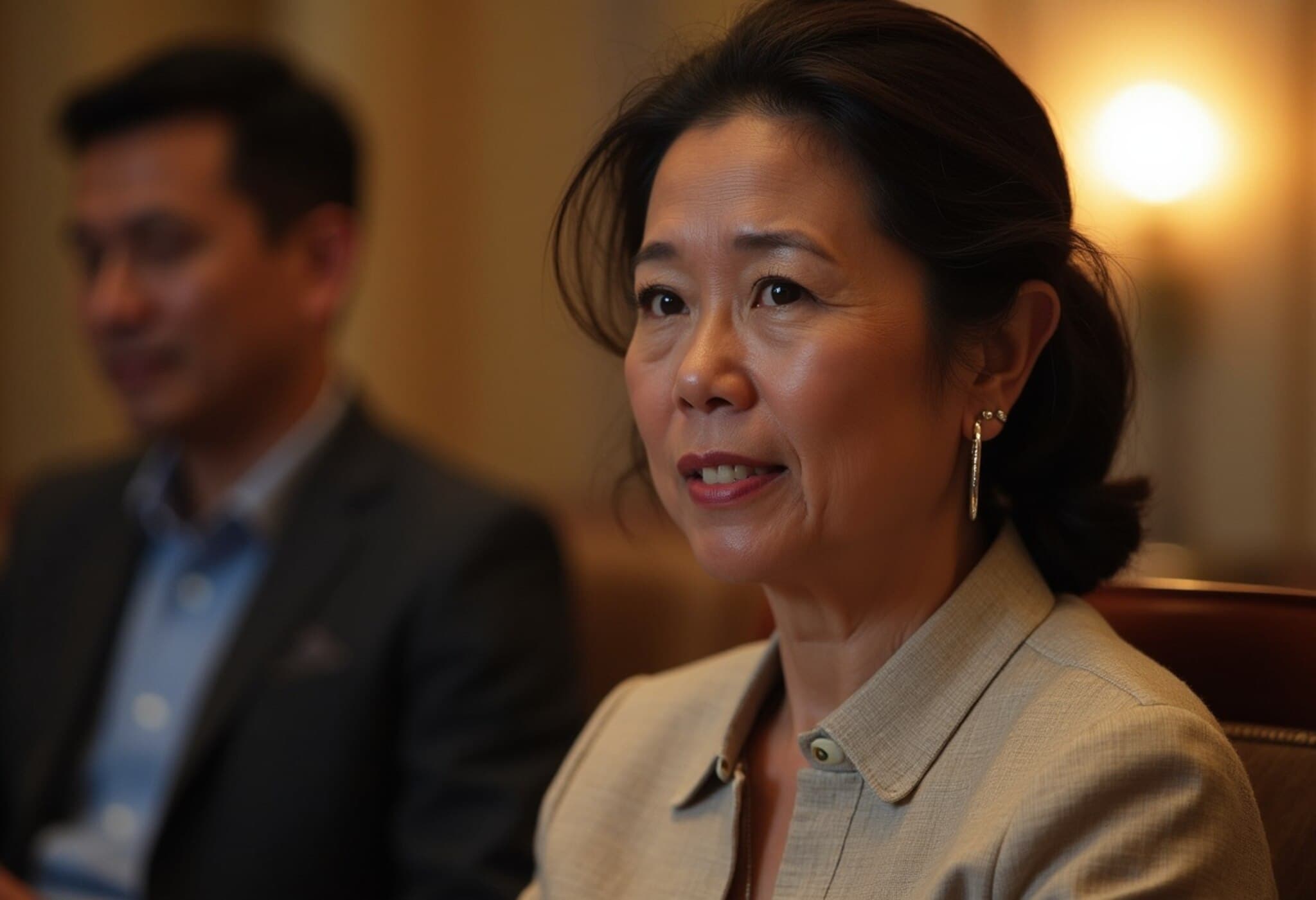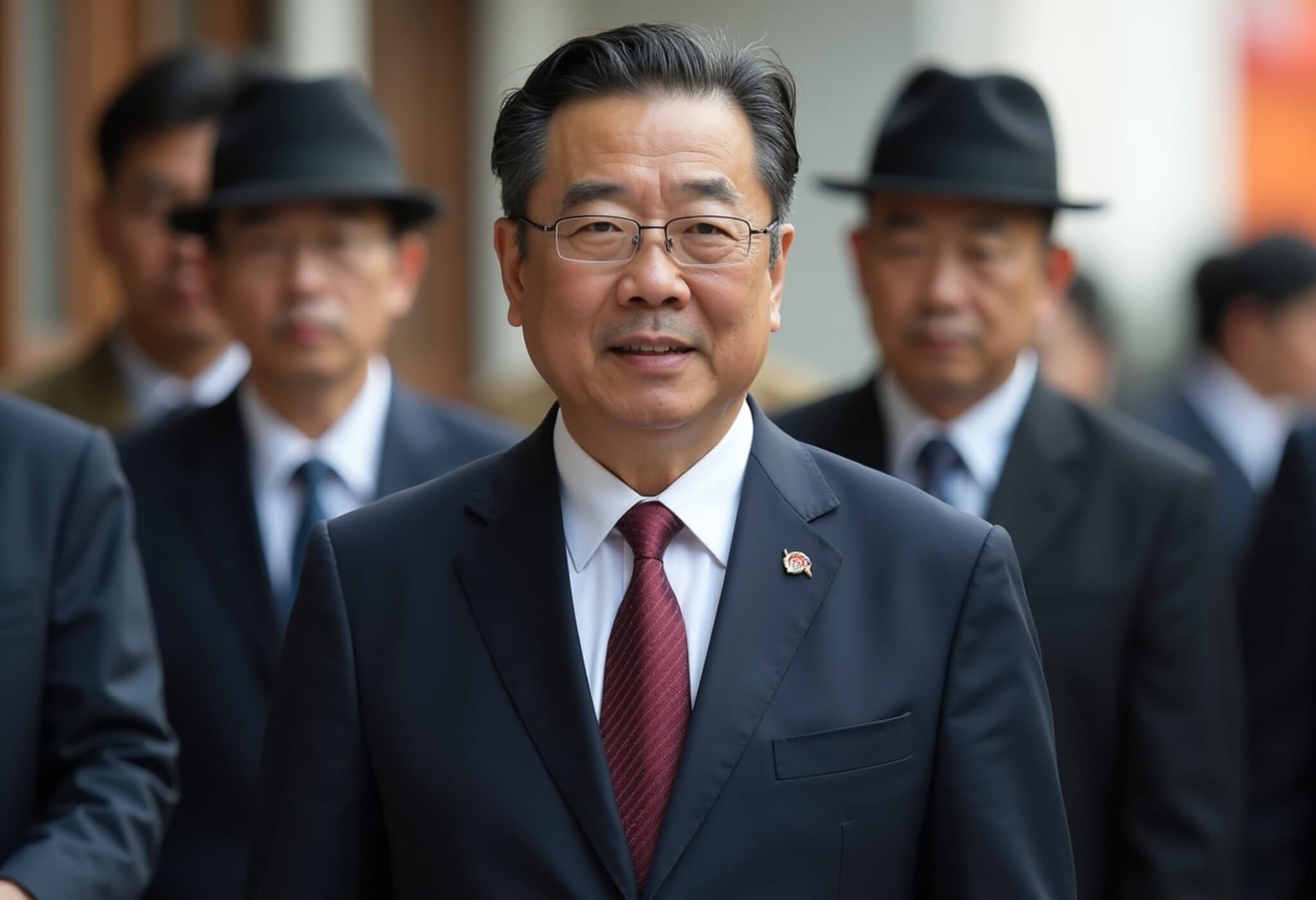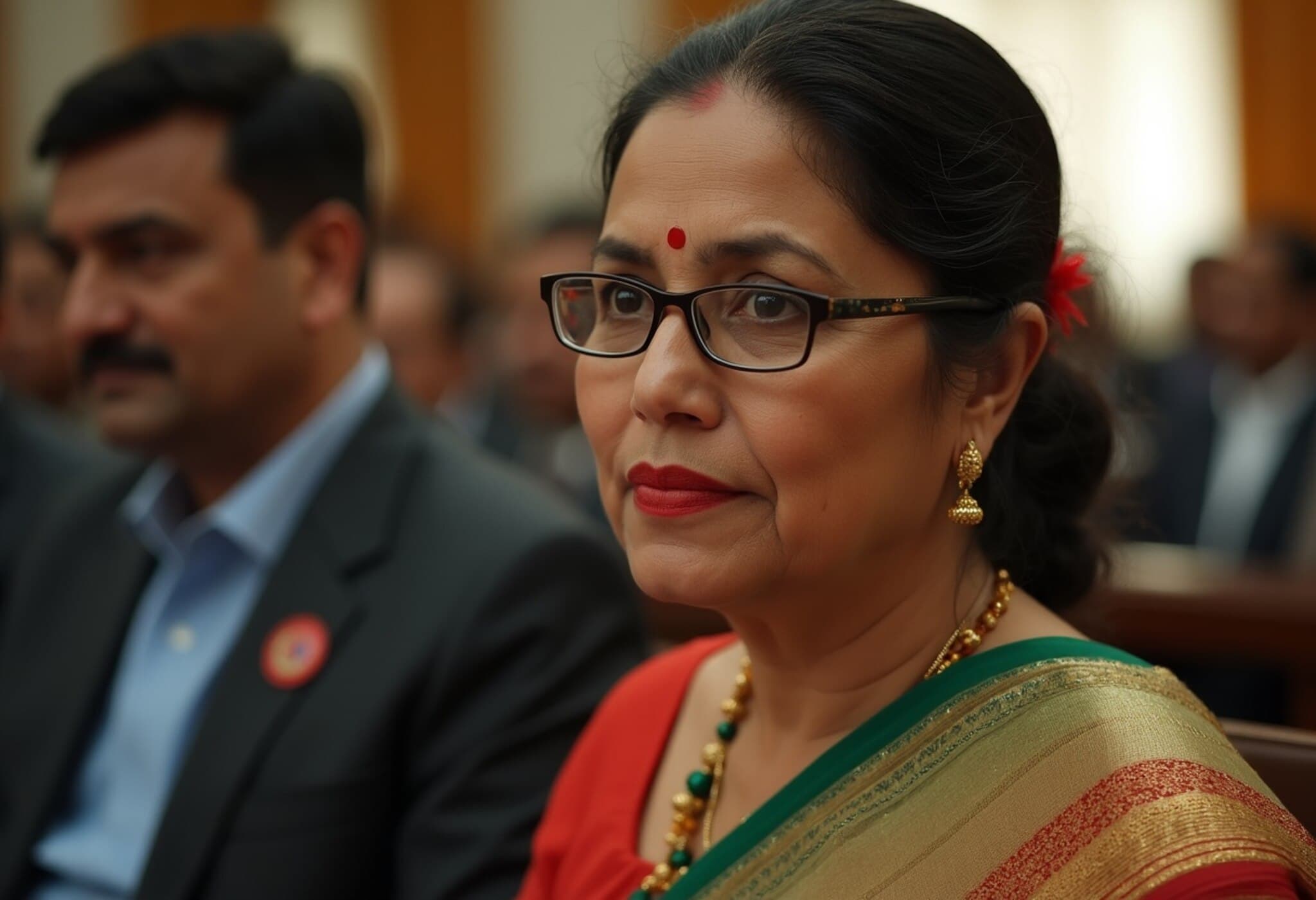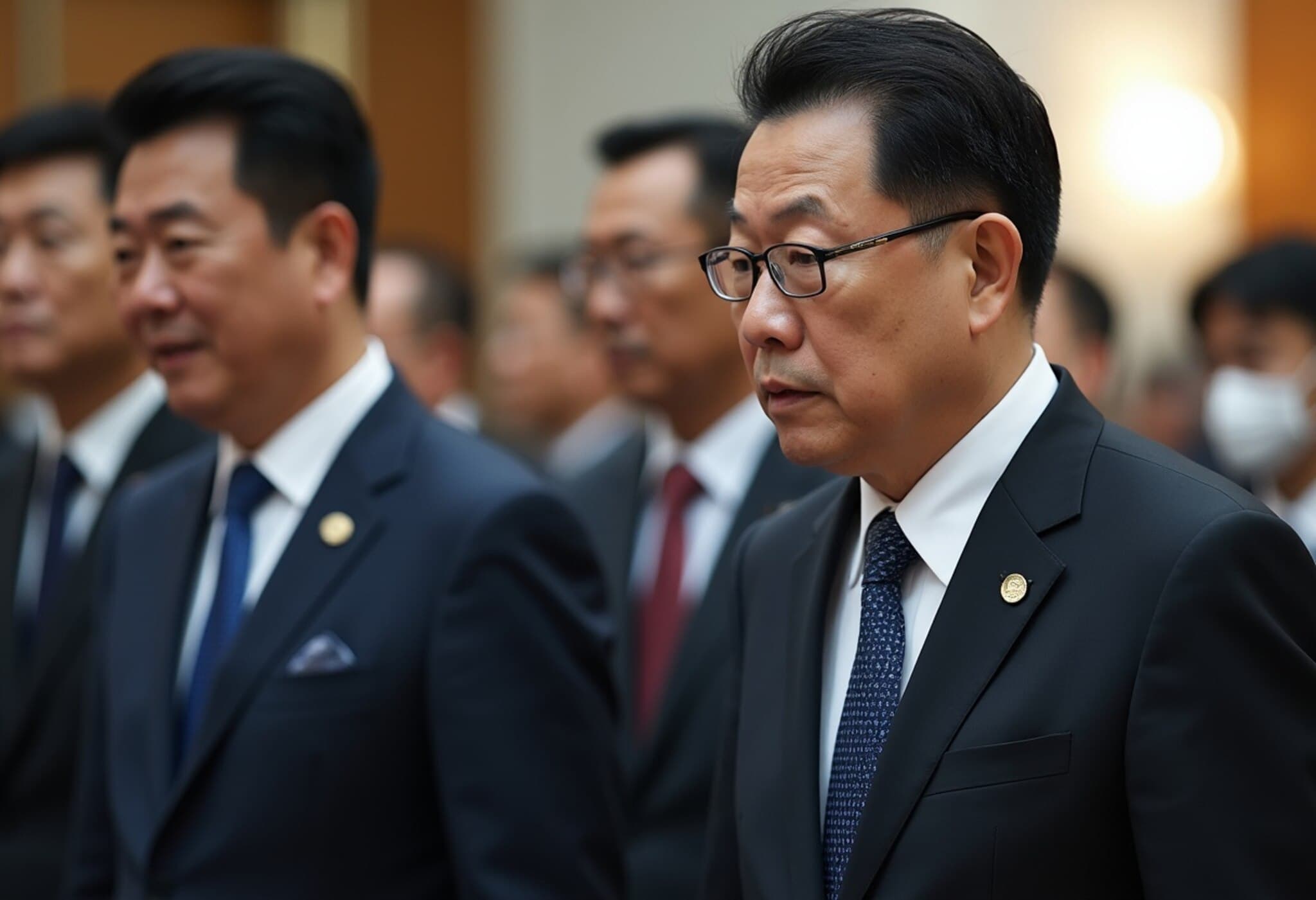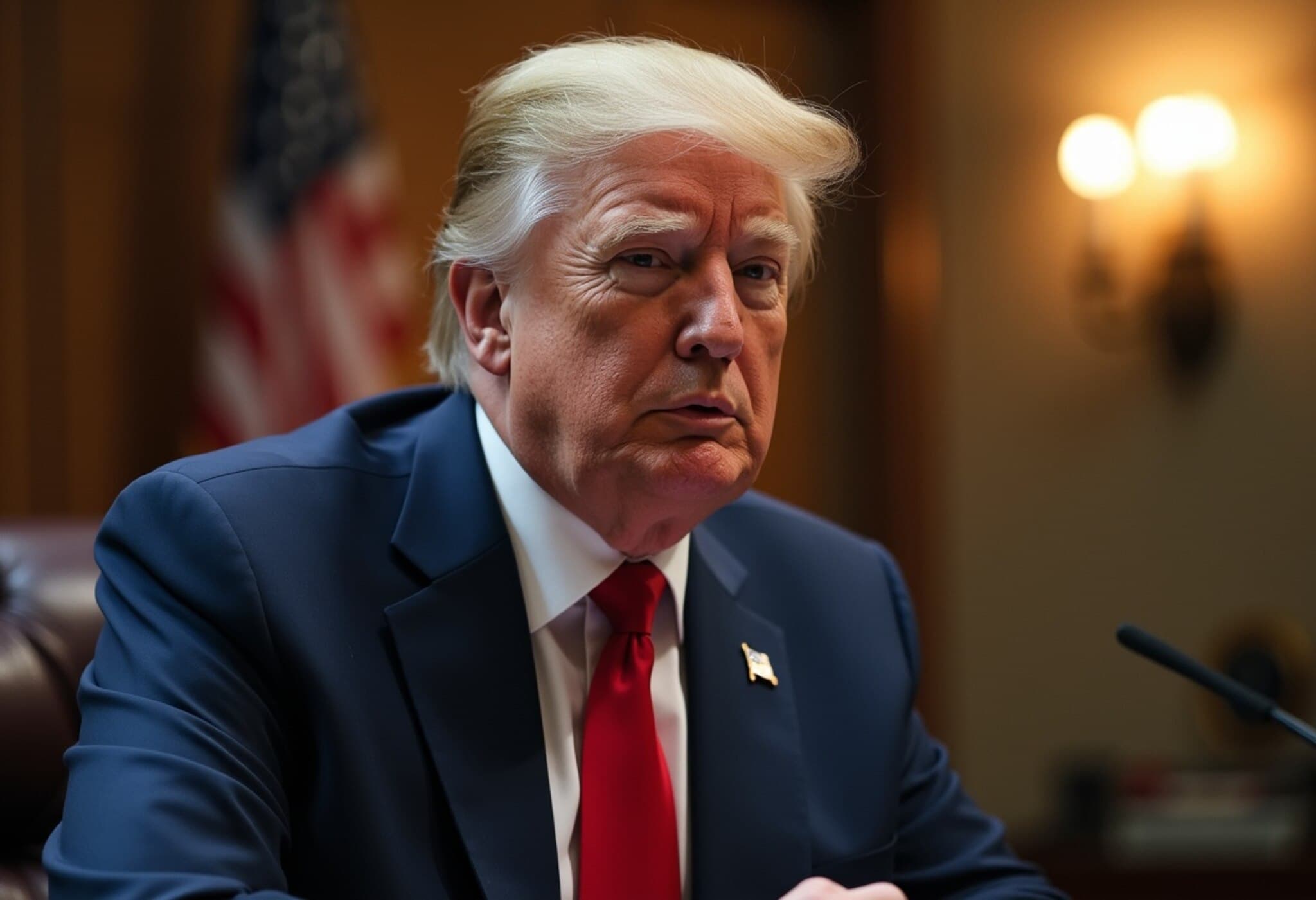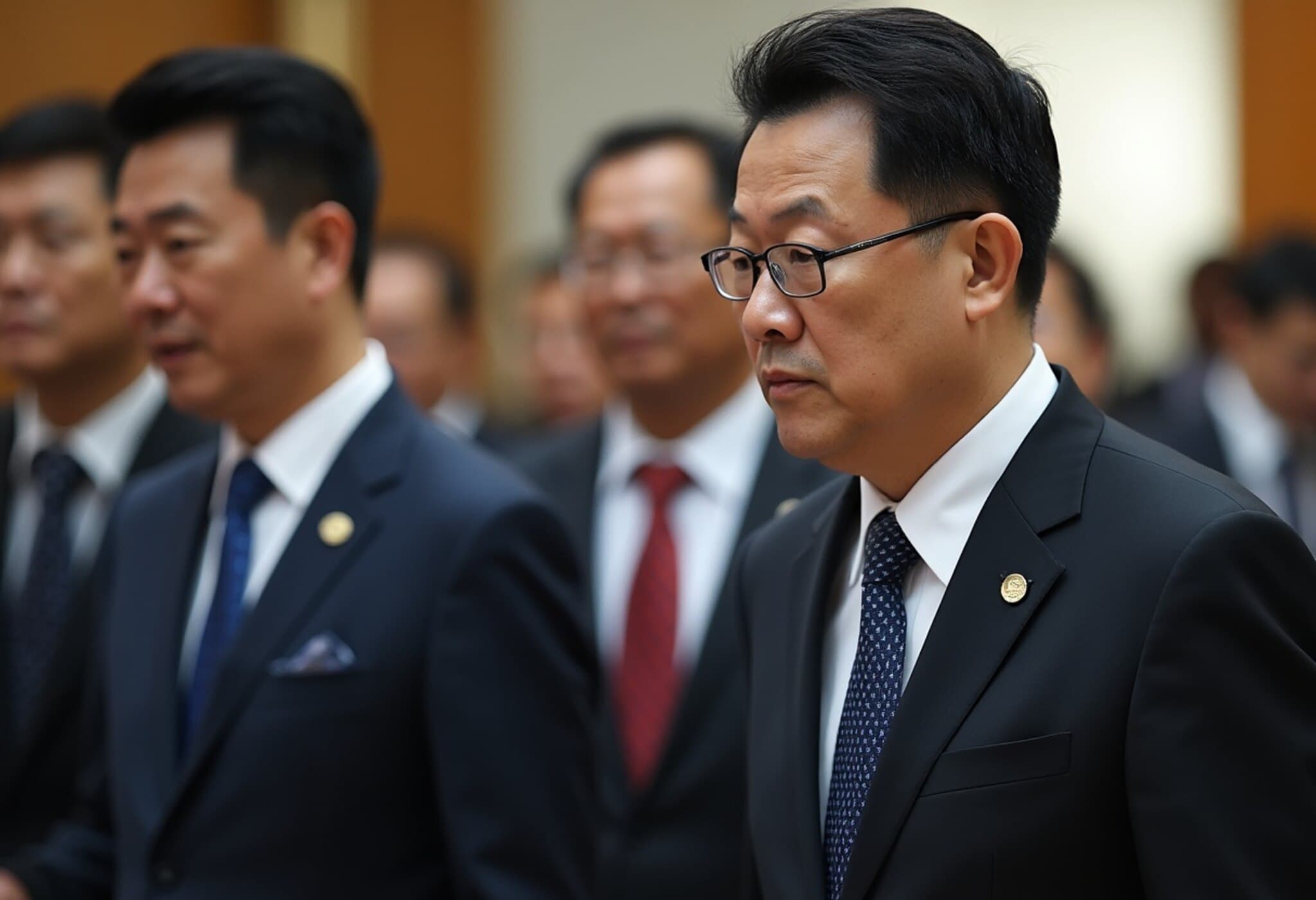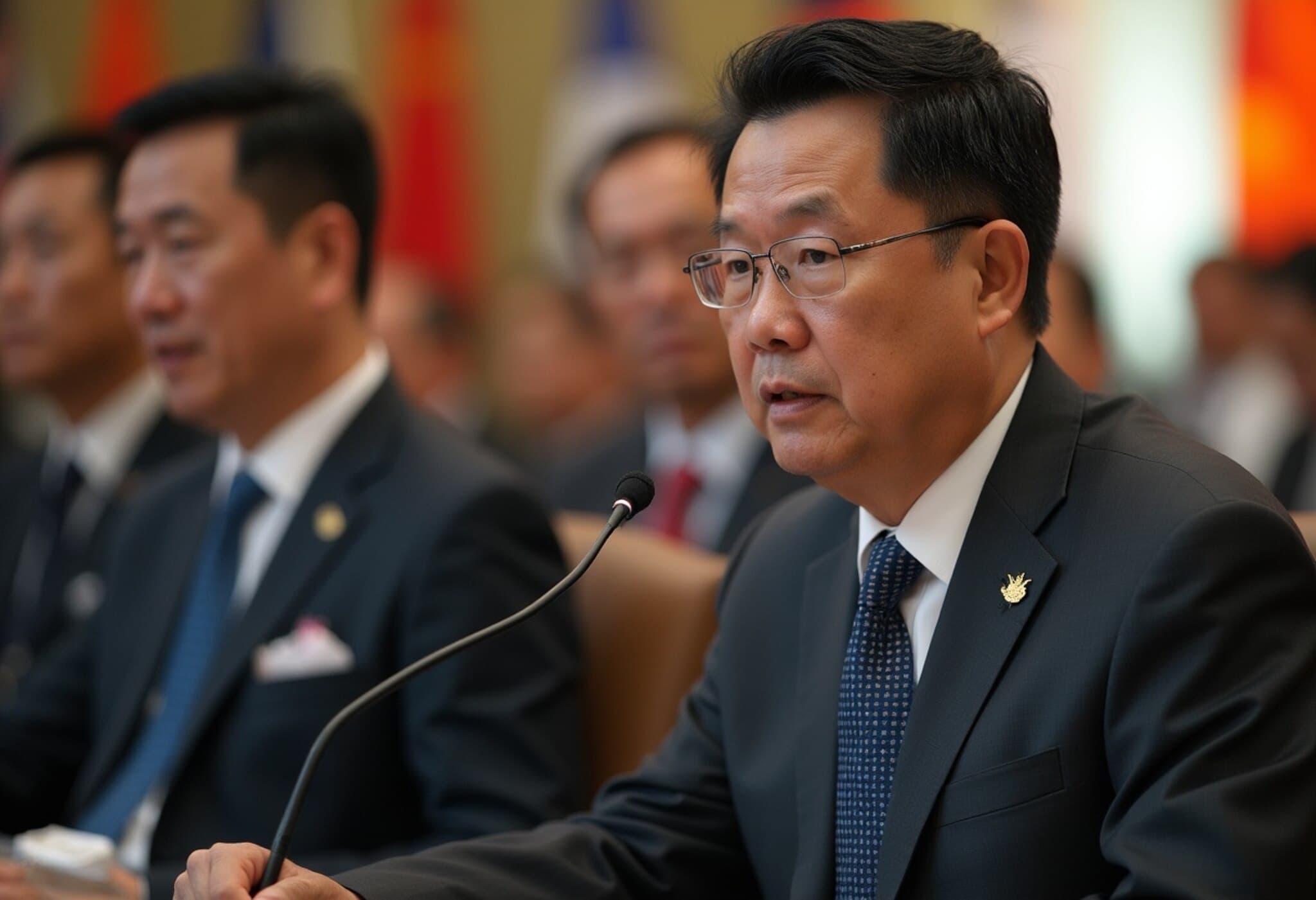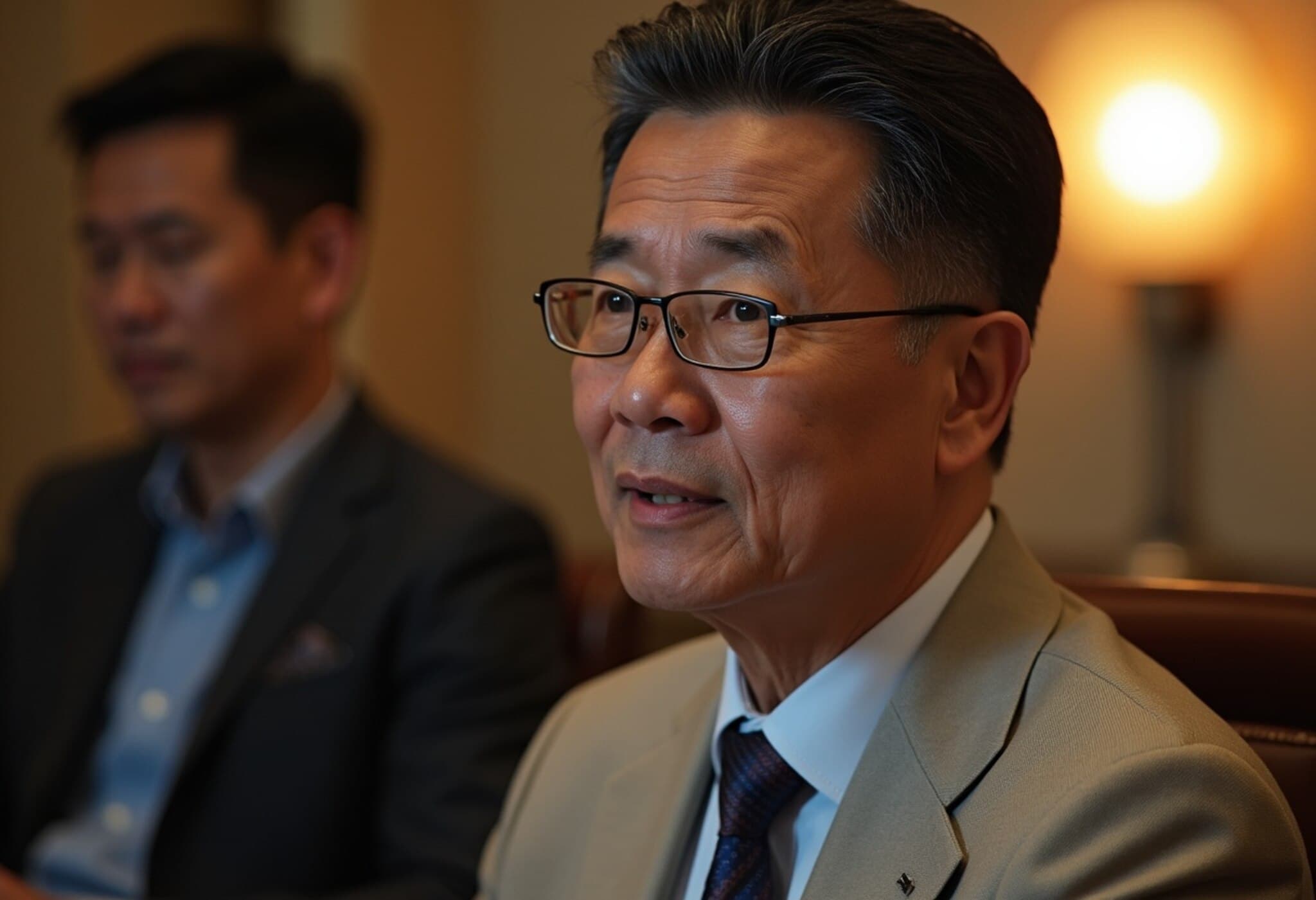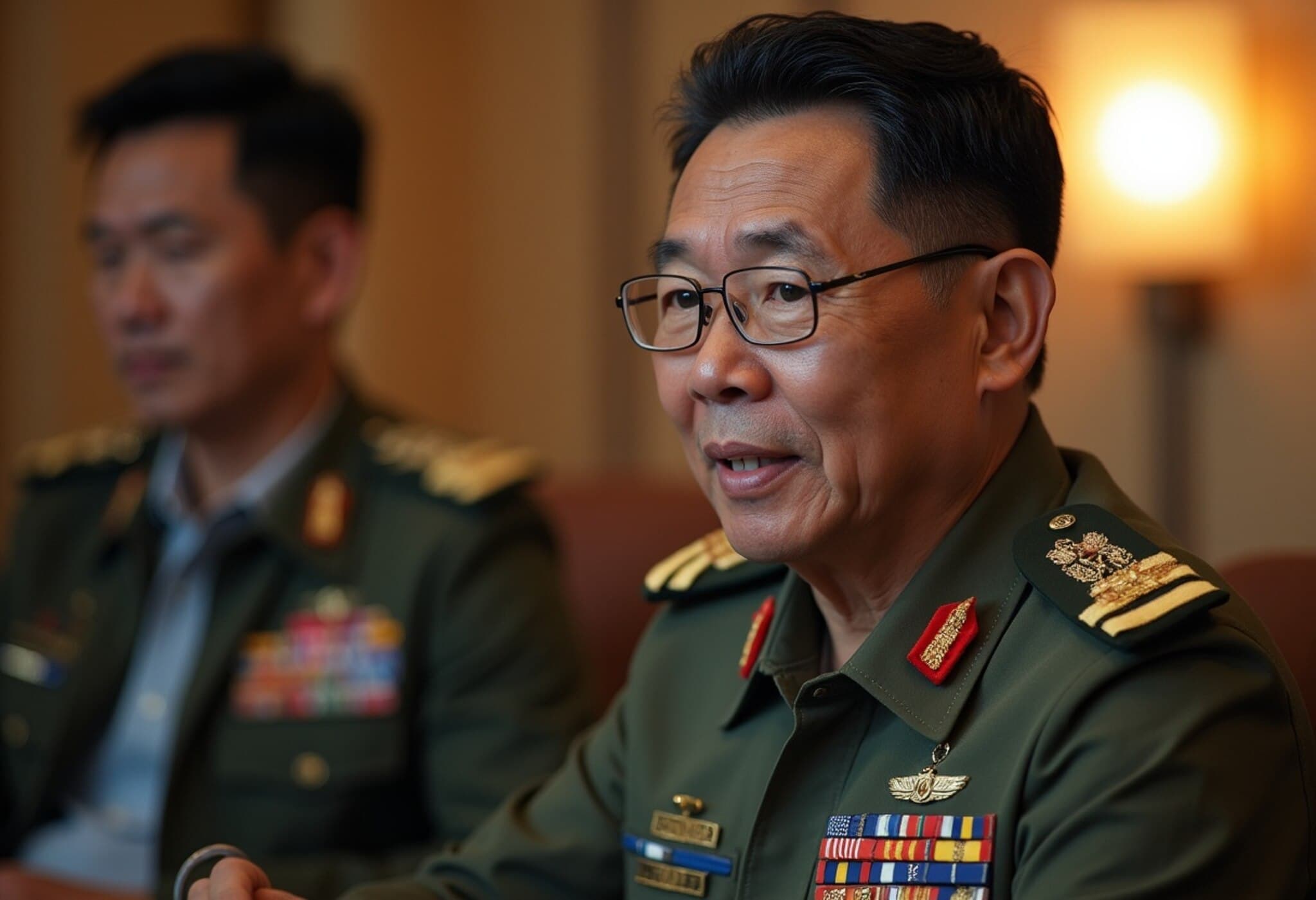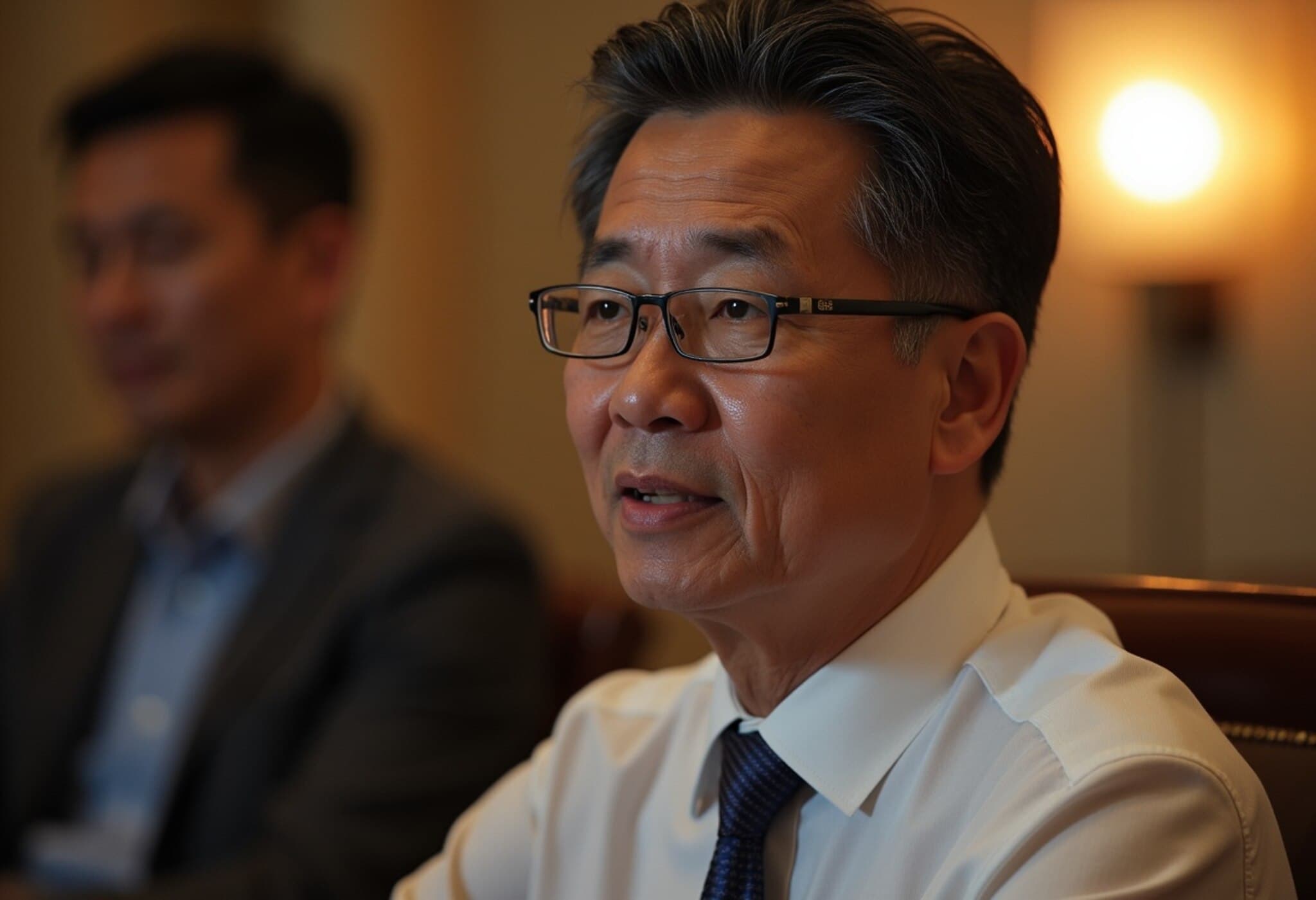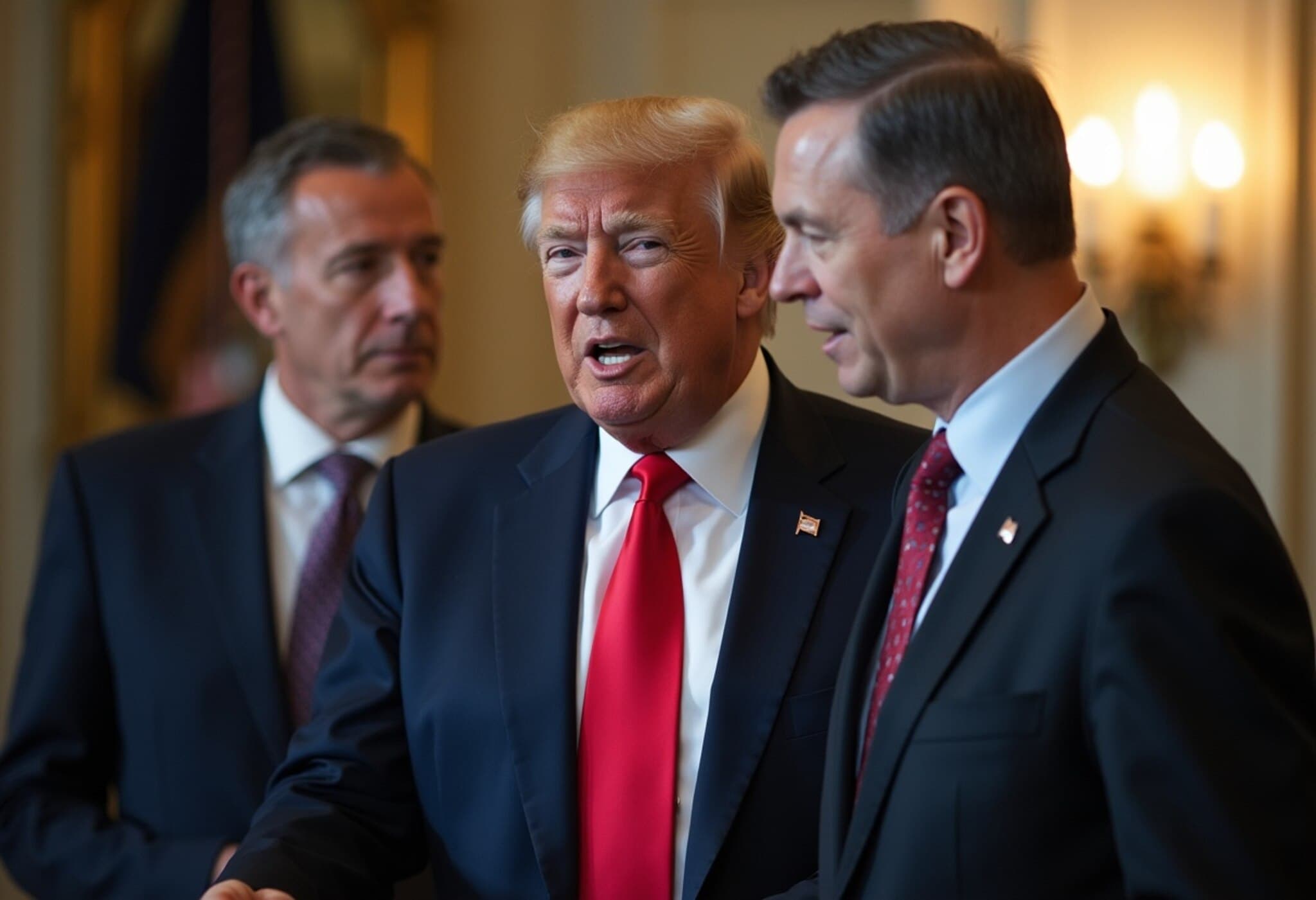Philippines' Vice President Sara Duterte Scores Major Legal Victory
In a decisive ruling on July 25, 2025, the Philippine Supreme Court struck down the impeachment complaint against Vice President Sara Duterte, citing constitutional violations that rendered the complaint invalid. This verdict marks a significant legal and political turning point for Duterte, who faces ongoing accusations of misusing public funds and threatening high-ranking officials.
Background: The Impeachment Complaint and Political Tensions
The impeachment complaint was initiated by members of the Philippine House of Representatives earlier this year amid a bitter political rift between Vice President Duterte and President Ferdinand Marcos Jr. The House accused Duterte of misusing public funds, accumulating unusual wealth, and even making threats against key government figures including President Marcos, the First Lady, and the Speaker of the House.
Duterte has consistently denied these allegations and described the impeachment move as a politically motivated attempt to undermine her rising influence in Philippine politics. As the daughter of former President Rodrigo Duterte—currently under scrutiny by the International Criminal Court for his controversial drug war policies—Sara Duterte’s political trajectory is under intense observation both domestically and internationally.
Legal Analysis: Why the Supreme Court Ruled the Impeachment Unconstitutional
In a unanimous decision, the Supreme Court found that the lower House of Congress violated a constitutional safeguard that prohibits more than one impeachment complaint against the same official within a one-year period. While this ruling does not exonerate Vice President Duterte from the allegations themselves, it emphasizes the need for procedural compliance when pursuing impeachment processes.
- The complaint against Duterte was the fourth filed within a year.
- Previous complaints were not acted upon, but their filing effectively barred the new complaint under the one-year rule.
- Consequently, the Senate lacked the authority to convene an impeachment trial tribunal based on this complaint.
Supreme Court spokesperson Camille Ting clarified, “The articles of impeachment violated the one-year period ban due to the prior three complaints filed earlier, making the fourth complaint unconstitutional.”
Political Impact and What Lies Ahead
This legal victory could bolster Sara Duterte’s political ambitions, especially as she is widely regarded as a leading contender for the 2028 Philippine presidential election. President Marcos, restricted by the country's single-term limit, is constitutionally barred from seeking re-election, thus intensifying speculation about potential successors.
However, an impeachment conviction would have banned Duterte from holding public office permanently, making this ruling critical for her career. Despite the setback, the House of Representatives insists its responsibility to seek accountability continues and has not ruled out filing new complaints once the one-year ban expires.
Official statements post-ruling reflect a delicate balance of respect for judicial decisions and political prudence:
- Duterte’s legal team: “We remain prepared to address all allegations at the appropriate time and forum.”
- Presidential Office: Maintains neutrality, emphasizing the separation of powers and respecting the court’s decision.
- Senate: Committed to upholding the Supreme Court’s ruling and constitutional processes.
- House of Representatives: While respecting the verdict, affirms dedication to truth and accountability.
Contextual Insight: The Philippine Political Landscape and Impeachment Dynamics
This case spotlights the increasing use of impeachment as a political tool within the Philippines, reflecting broader regional challenges where constitutional maneuvers can be intertwined with power struggles. From an American legal perspective, the emphasis on procedural safeguards mirrors the need for checks and balances seen in impeachment cases worldwide. Ensuring that impeachment remains a process governed by clear legal standards rather than political vendettas is crucial to democratic stability.
Moreover, the Supreme Court’s ruling underscores the tension between political accountability and procedural fairness. While impeachable offenses demand serious consideration, courts often serve as gatekeepers to ensure these proceedings respect constitutional limits and prevent abuse.
Editor’s Note
This Supreme Court decision marks a pivotal moment in Philippine politics, raising essential questions about the balance between legal procedure and political accountability. For Vice President Sara Duterte, this ruling provides a crucial reprieve, but the ongoing allegations and looming political battles remain far from settled. As with impeachment processes globally, the case emphasizes that constitutional safeguards exist not only to protect individuals but also to preserve democratic integrity.
Readers are encouraged to consider: How can democratic societies balance the imperative of holding public officials accountable without allowing impeachment to become a tool of political persecution? And what role should courts play in policing these high-stakes political processes? These questions resonate well beyond the Philippines, touching on universal themes of democracy, justice, and governance.

